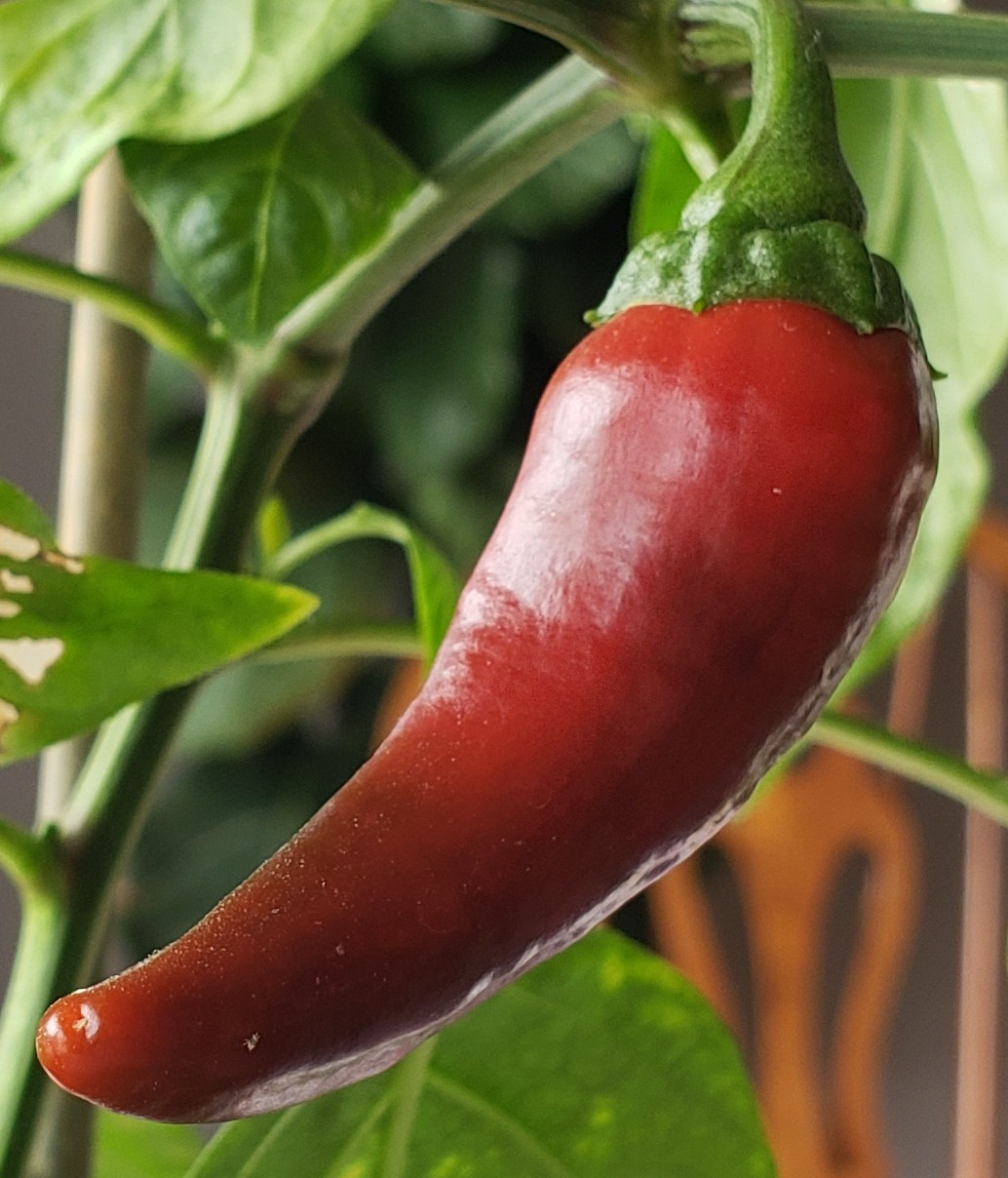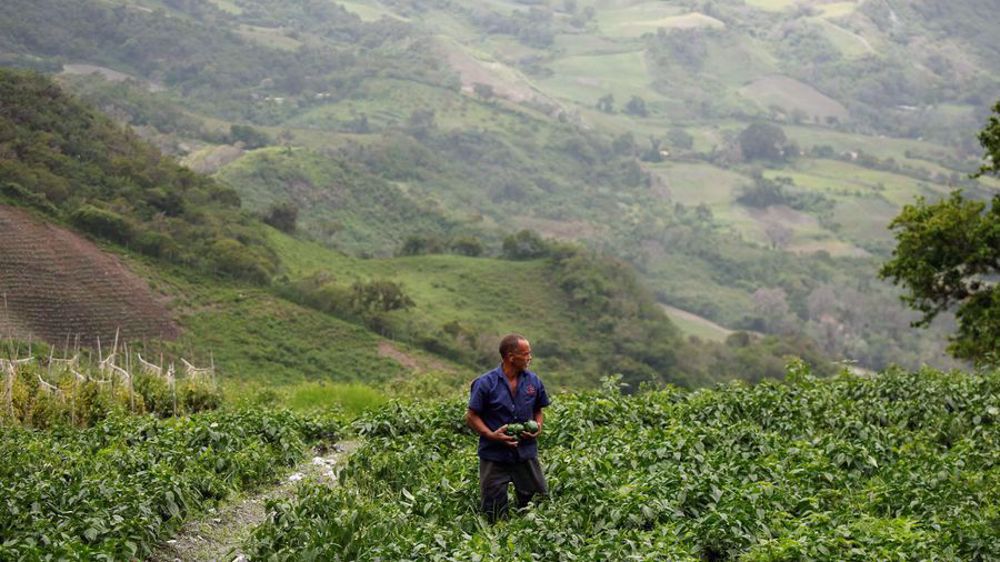This article is about corporate seed control and Venezuela’s internal response to foster seed exchange in country to avoid entrapment by agribusiness interests. One interesting perspective relates to seedbanks:
Seeds are still saved in Western countries like Canada, but they tend to be treated as artifacts, isolated in research centres called “genebanks” which are designed to preserve the seeds for decades. While genebanks may save the seeds from extinction, they are generally not concerned with reintegrating the seeds into their natural environment, a move which would threaten the profit margins of the large agribusiness corporations with which the Canadian state has historically allied itself. As Chassé writes: “This means that the naturally democratic act of seed saving has been replaced by a reliance on large research centres that store seeds far from the communities and landscapes that created the plant.”
The alternative approach to industrial seedbanking is maintaining diverse and healthy ecosystems that continually create seed.
Genebanks store thousands of plant varieties, but most of these were created by anonymous farmers and peasants. This crop diversity now often benefits industry. Around the world, small producers have struggled to remain competitive against industrial farms that invest heavily in increasing production and minimizing costs. These monolithic operations are always searching for new crop variants, hybrids that produce more while resisting the spectrum of diseases that are created by relentless monocropping. These desirable traits that favour commerce are often extracted from the ‘heritage’ varieties that were created by centuries of small farmers. As Michael Taussig acerbically observed, “seeds banks are booty, relics of despoliation.”


